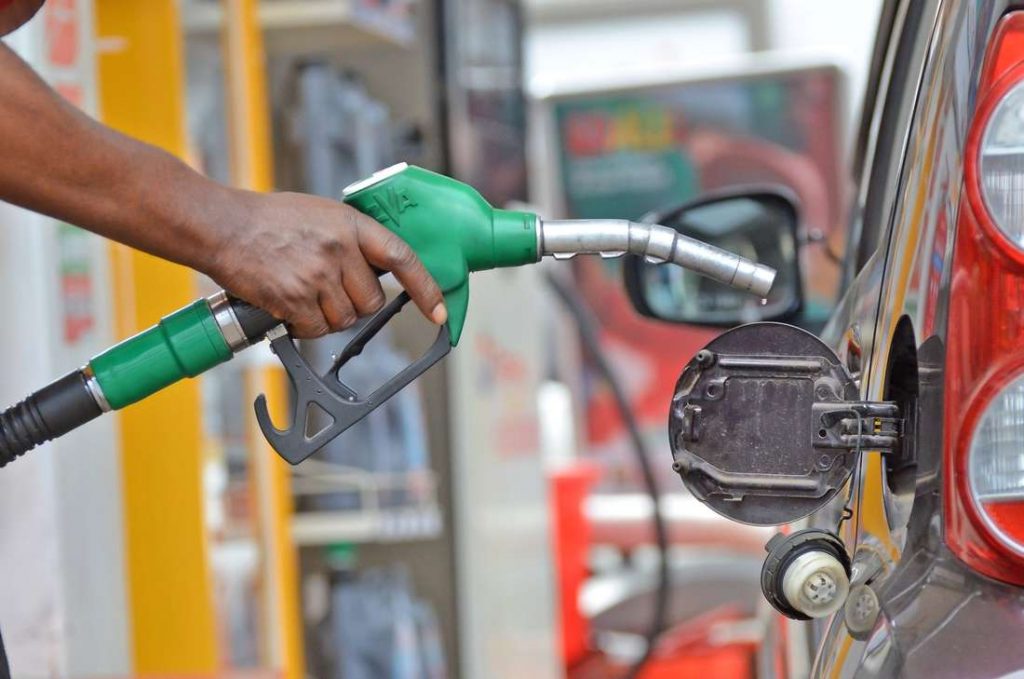MCCCI fears for the worst
Malawi Confederation of Chambers of Commerce and Industry (MCCCI) has expressed fears that the impending fuel prices hike and prolonged delay to effect the same will hit consumers hard and slow economic growth prospects.
MCCCI chief executive officer (CEO) Chancellor Kaferapanjira expressed the sentiments in a telephone interview yesterday in light of the continued increase in global fuel prices worsened by the effects of the Russia and Ukraine conflict which has affected supply chains.
He said: “The obvious reality is that fuel prices have gone up and in any case, fuel prices will go up. To what extent, I don’t know. Thus, the price increase will likely impact inflation.”

Currently, there is speculation that fuel prices will go up from K1 150 per litre to K1 400 per litre.
But Kaferapanjira said the chamber cannot give an exact projection since the situation as a result of external factors and that Malawi has little options.
He said the parameters are distorted, especially in light of the Russia and Ukraine conflict.
Kaferapanjira said MCCCI’s concern was the impact of the impending fuel price increase will have on the business.
He, however, hailed the Malawi Energy Regulatory Authority (Mera) for preparing Malawians on the impending fuel increase through the publication of economic fundamentals and trends influencing prices unlike before when the energy regulatory body would just make an announcement.
Mera has delayed to adjust fuel prices due to the absence of the board of directors following their resignation on February 27 2022. The board was reconstituted last week and is expected to meet tomorrow as per their schedule of meetings on the first Tuesday of the month to review variables that influence price adjustments.
Meanwhile, the Malawi Agricultural Policy Advancement and Transformation Agenda (Mwapata) Institute has said rising global fuel prices will locally put an upward pressure on fuel, food and fertiliser costs due to the Russia and Ukraine conflict.
In its March 2022 policy brief titled ‘How Russia’s Invasion of Ukraine Will Affect the Food Security Situation in Malawi: Implications for Malawian Policy Response’, the institute also points out that fertiliser supply will be directly impacted by the conflict.
This, according to the institute, is a result of both Russia and Ukraine being major producers of chemical nitrogen, phosphorus, and potassium used in agricultural production.
“Troublingly, this comes at a time when food prices were already high. For example, the average price for maize in February was nominally 65 percent greater in 2022 than during the same month in 2018,” states the institute.
In a separate interview yesterday, Consumers Association of Malawi (Cama) executive director John Kapito said it is unfortunate that Malawi is caught up in such a trade war and has limited options.
“But for fuel, as Cama, we suggested the removal of some levies on fuel just to cushion consumers during this difficult economic period. Otherwise, the anticipated fuel price increase will have huge negative implications on consumers,” he said.
When asked what policies the government is putting in place in light of such developments, Minister of Finance Sosten Gwengwe said the 2022/23 National Budget was built around the premise that we are going through a global crisis, as such, expenditure should be minimised, among others.
In its update on March 7 2022, Mera indicated that key factors that affect landed costs of petroleum products, including free-on-board (FOB) prices of refined petroleum products on the international market and the kwacha exchange rate against the dollar have been increasing.
According to the update, since the establishment of the ruling maximum prices in October 2021, the landed costs of petrol, diesel and paraffin have increased by 16.16 percent, 24.67 percent and 24.71 percent, respectively.
In the past four months, Mera has maintained pump prices after an assessment of the effect of the movement of FOB prices, the kwacha exchange rate against major trading currencies and changes in local factors.






One Comment